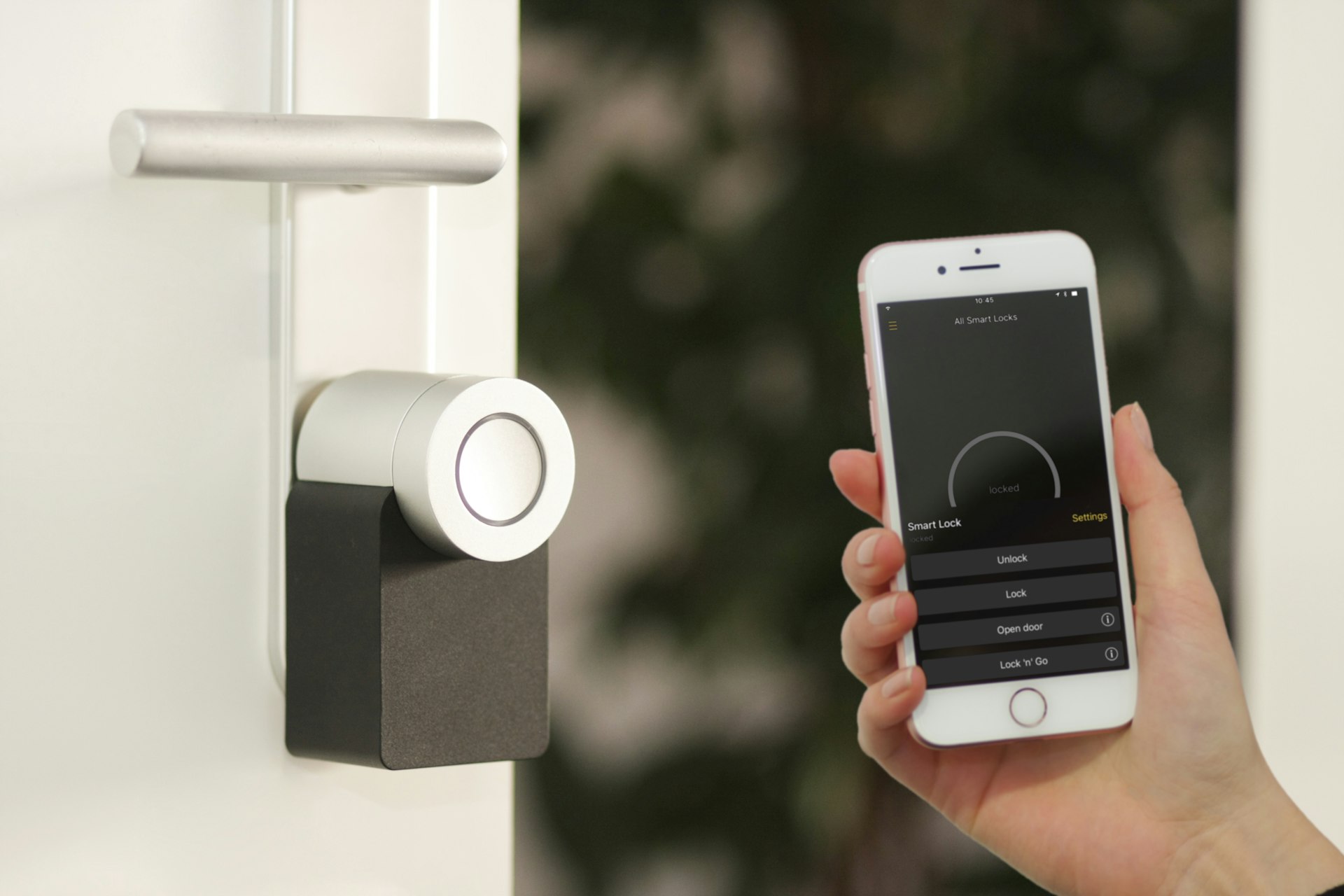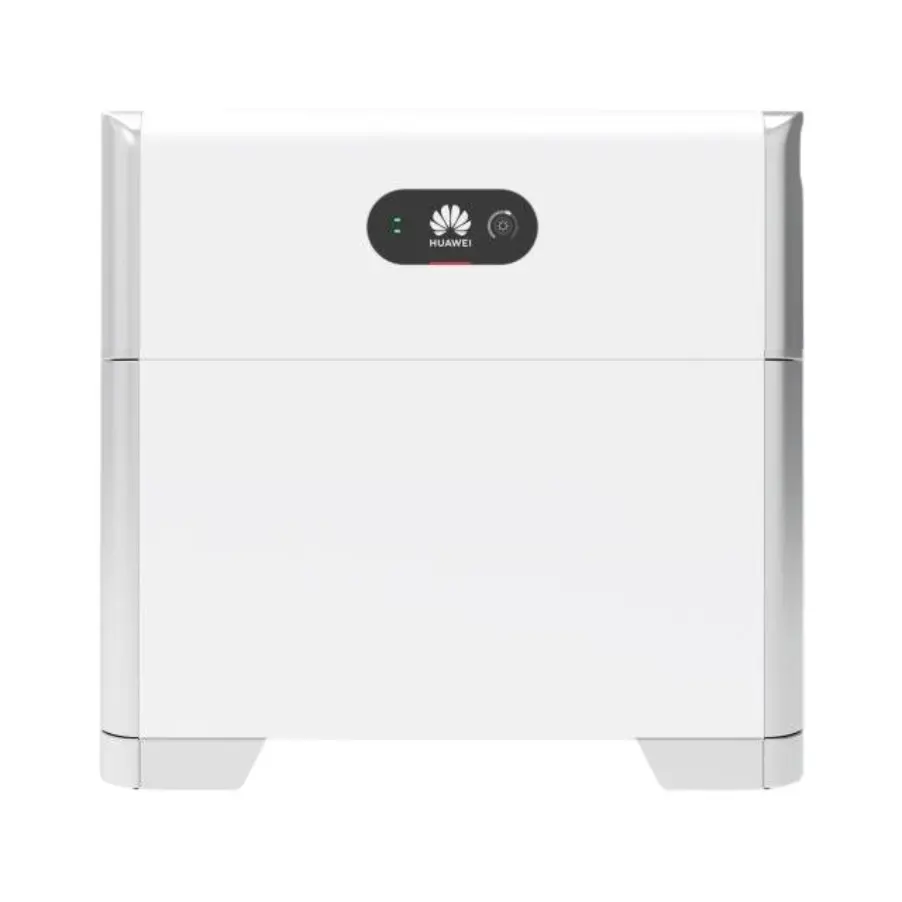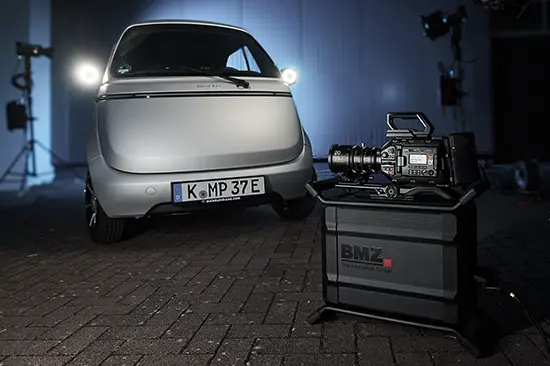Home Battery: Store, Save, Sustain
Utilize the lowest-cost electricity with your own home battery. A smart home battery truly understands your home: automatically storing cheap electricity from the grid or your own solar panels.
Home Battery: Everything You Need to Know About Function, Costs, and Benefits

Home Battery
Save: Every day. Over and over again
Save
On your energy bill
Prepare
For the end of energy compensation
Make
impact
On a greener energy network
Everything you need to know about your battery storage

What is an Energy Storage System?
Imagine you have a top-notch solar system on your roof, generating plenty of energy—even more than you need at the moment. But what happens to all that extra power? That’s where the energy storage system comes in! An energy storage system, also known as a solar battery or photovoltaic storage, works like a giant power bank for your home. It stores the surplus solar energy so you can use it whenever you want—whether it’s in the evening when the sun isn’t shining or on cloudy days.
The best part? With an energy storage system, you become less dependent on your electricity provider and make the most out of your self-generated power. Say goodbye to sky-high electricity bills! Start storing your own energy and enjoy the savings stacking up in your account. Simple, right?
What types of energy storage are there?
Energy storage comes in various forms, but the most common and widely used are batteries. They use chemical reactions to store electrical energy and release it when needed. You can choose from different battery types: popular Lithium-Ion batteries (also known as Lithium Iron Phosphate batteries), traditional Lead-Acid batteries, and a few other options. These smart storage solutions help balance your energy consumption and production, making it easy to make the most of renewable energy.

Essential Facts about Battery Storage
Here are the key questions to consider before purchasing a battery storage system:
- - What is my household's energy consumption?
- - What storage capacity do I need?
- - What types of storage systems are available?
- - Can the supplier provide unbiased and impartial advice on the battery storage brand?
- - Is the size of the battery storage system suitable for my PV system?
- - Which type of battery storage is most suitable?
- - Do I need any permits in my region?
- - Who will handle the installation?
- - Can I use the generated power directly?
- - How much stored power do I need to be prepared for a power outage?
- - Are there any funding opportunities in my region?
Before deciding on a battery storage system
Analyse your energy needs and solar production. Professional advice can help you choose the best battery for your home. Consider the Following When Purchasing:
Compatibility with Existing Systems: Ensure the battery integrates seamlessly with your current or planned solar system to make the most of your solar energy.
Storage Capacity: Assess the battery’s capacity, measured in kilowatt-hours (kWh), to ensure it aligns with your household’s energy needs and desired level of self-sufficiency.
Charge and Discharge Rates: Look at the battery’s charge and discharge speeds. Higher rates allow for quicker storage and more efficient energy use when needed.
Cycle Life: Review how many charge and discharge cycles the battery can handle before its capacity declines. A longer cycle life suggests better durability and value over time.
Cost vs. Savings: Weigh the initial cost of the battery against potential long-term savings on your energy bills, and consider how it will enhance your renewable energy usage.
Warranty: Check the manufacturer’s warranty details. A comprehensive warranty provides peace of mind and protection against potential issues.
Incentives and Rebates: Look into any available government or local incentives and rebates for battery storage systems, which can make your investment more cost-effective.
Installation Requirements: Confirm you have sufficient space for installation and that the setup complies with local regulations. The battery’s size and type will affect the installation process.

Sign up for the newsletter
And always receive the latest trends, inspiration, and offers.